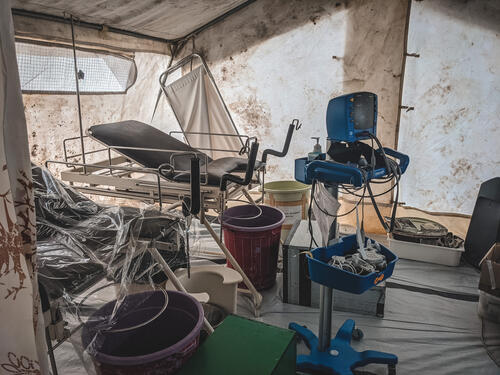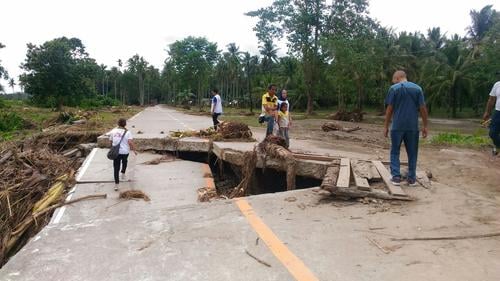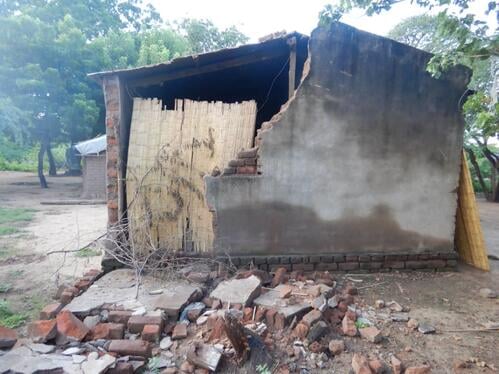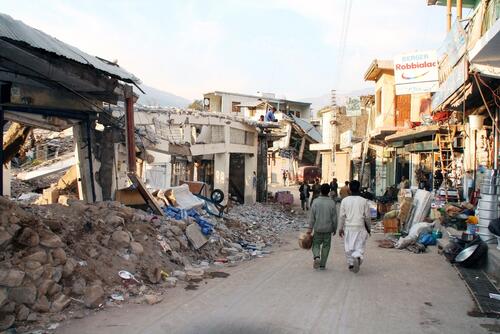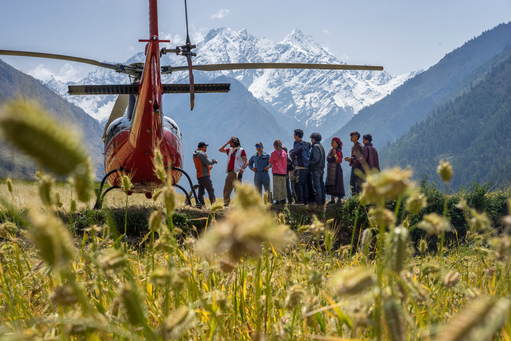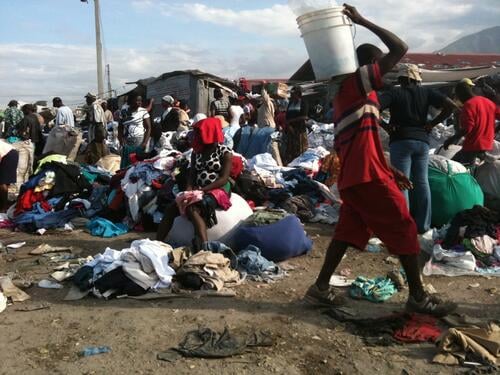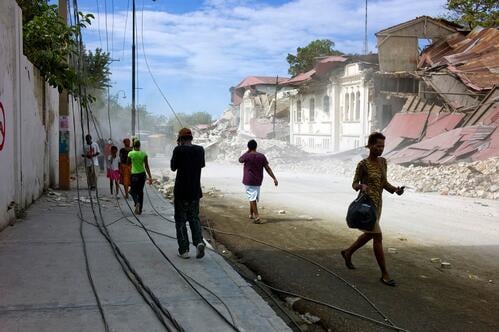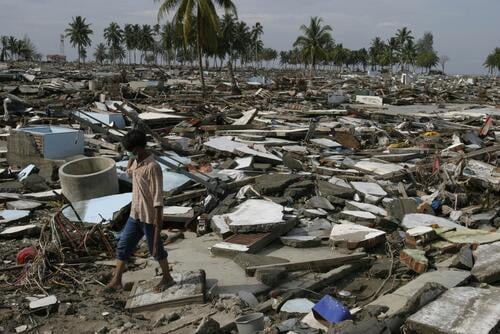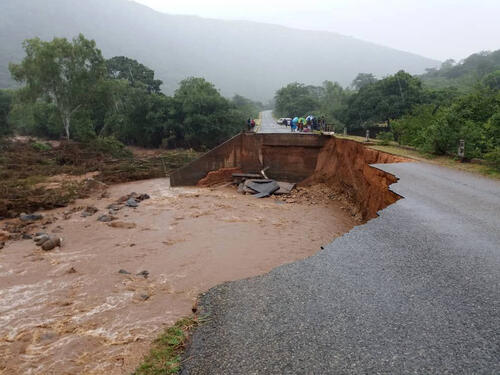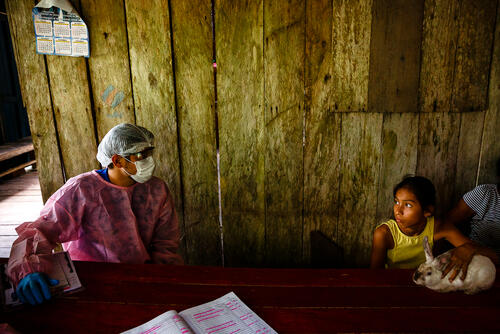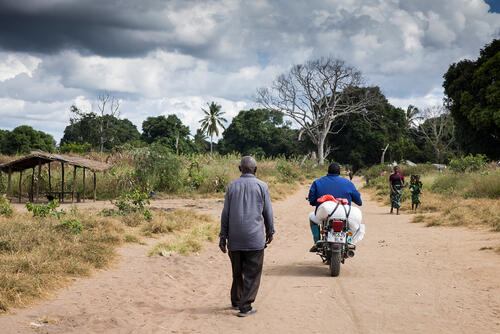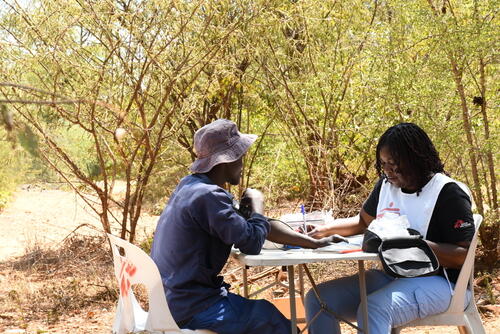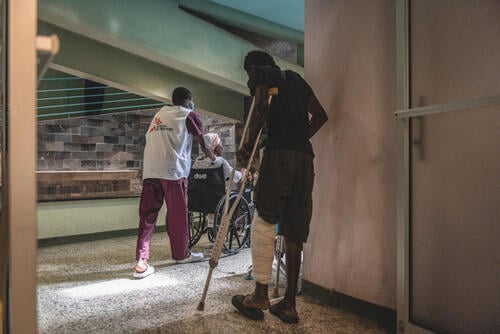Within a matter of minutes, natural hazards can affect the lives of tens of thousands of people. Hundreds or even thousands of people can be injured, homes and livelihoods destroyed. Access to clean water, healthcare services and transport can also be disrupted. The impact of each event varies greatly and our response must adapt to each situation.
Needs must be quickly identified, but accessing a disaster zone can be complex when roads are cut off. The first responders are people already on-site: community members, local authorities and aid organisations already present.
We keep pre-packaged kits to deploy for rapid relief and life-saving assistance. With projects in over 70 countries, we often have aid workers nearby when a disaster strikes. They can be reinforced with additional teams if a larger response is needed.
Featured
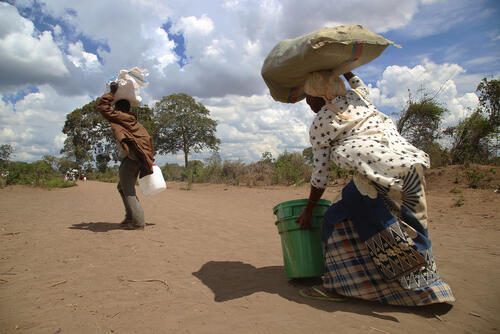
Attacks and violence in Cabo Delgado displace thousands as cyclone season begins
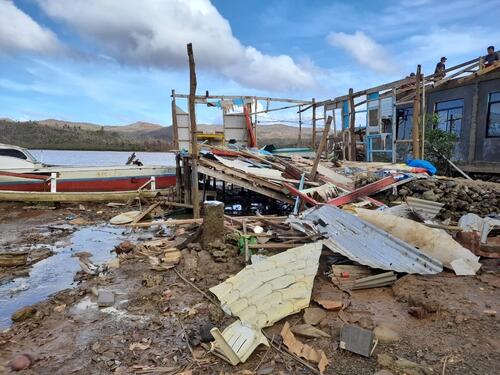
MSF launches response after Typhoon Rai leaves hundreds of casualties in its wake
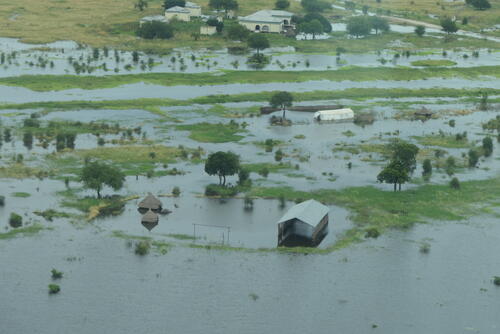
Lacklustre humanitarian response leaves people dangerously exposed in Bentiu floods

Third year of severe floods leaves nearly 800,000 people struggling

Two months after the earthquake, health needs remain high
